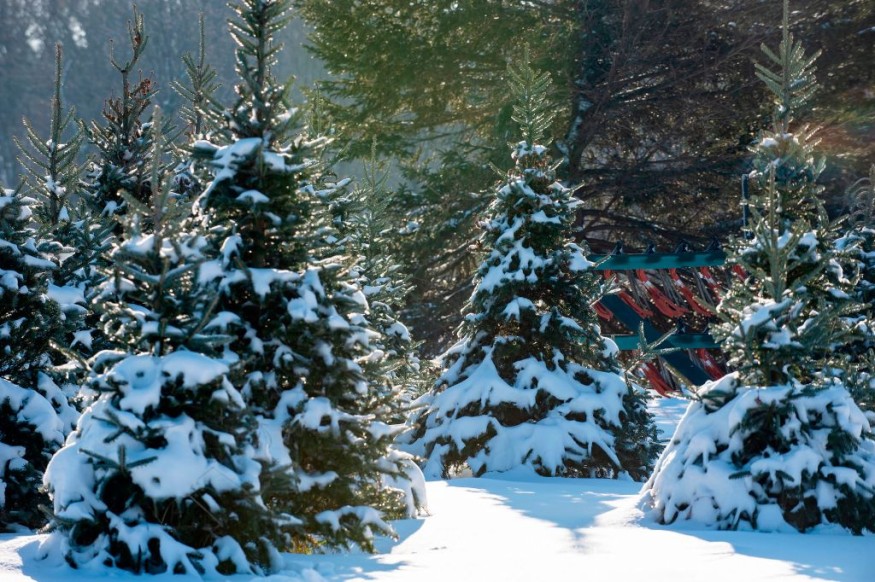Recent reports showed that genetically improved trees can offer benefits for consumers this Christmas as many Americans feel the widespread cold this winter.
The weather in the US has become colder with some snow. In December, Americans are looking forward to the winter and the coming Holiday.
White Christmas is also popular, and many homes will install their amazing Christmas trees.
Genetically Improved Trees and the Fraser Fir

The Fraser Fir (Abies fraseri) is a known Christmas tree. People decorate it with wonderful designs. It is also found in North Carolina, Virginia and Tennessee.
However, the Frazer Fir will not be viable for streets and areas with heavy snow.
The said trees are also susceptible to fungal diseases and pests. The conditions can affect the trees' growth and not ideal as Christmas trees.
Moreover, invasive insects threaten the Fraser Fir.
In addition, the Balsam woolly adelgids can impact the species of Frazer Fir. As a result, conservation efforts are crucial to save the trees from population decline.
According to recent reports, the NC State Christmas Tree Genetics Program studied the trees. Genetically improved trees can be an option for the Christmas trees.
The program looked into the best characteristics of the Fraser Firs. In the study, they discovered about 25 trees with the best genetic characteristics.
Best to Grow
The genetically improved Fraser Fir Christmas tree is a good option because it can easily grow. The symmetrical and conical shape will be ideal for home decorations and designs. Commercially, the Fraser needs 6 to 7 feet of commercial height.
Because it can quickly grow, people don't need to wait from 7 to 8 years. It will also help people save more money in maintaining and choosing a Christmas tree.
In North Carolina, about 58 million Fraser Fir trees grow.
Also Read : Essential Medicines Likely to Suffer From Plant Extinctions Due To Habitat Loss, Report Warns
Help to Prevent Decline of Fraser Fir Trees
The Fraser Fir trees are vulnerable to threats and population decline. The genetically improved trees can be helpful for the consumers and people who grow Christmas trees. It will be not costly and avoid being susceptible to threats of invasive species and diseases.
Christmas Tree Facts This Coming Holidays
Christmas tree is a common custom and popular in December. It represents the spirit of Christmas for communities. According to recent reports, the said trees can be from pines, spruce, or fir.
Some of the most popular Christmas trees are the following:
- Fraser fir (Abies fraseri)
- Blue spruce (Picea pungens)
- Norway spruce (Picea abies)
- Nordmann fir (Abies nordmanniana)
The popularity of tree decorations became popular in the 1800s.
Related Article : 144 Years Old Seed Shows Rare Hybrid Plant With Potential to Still Grow
For more similar stories, don't forget to follow Nature World News.
© 2025 NatureWorldNews.com All rights reserved. Do not reproduce without permission.





